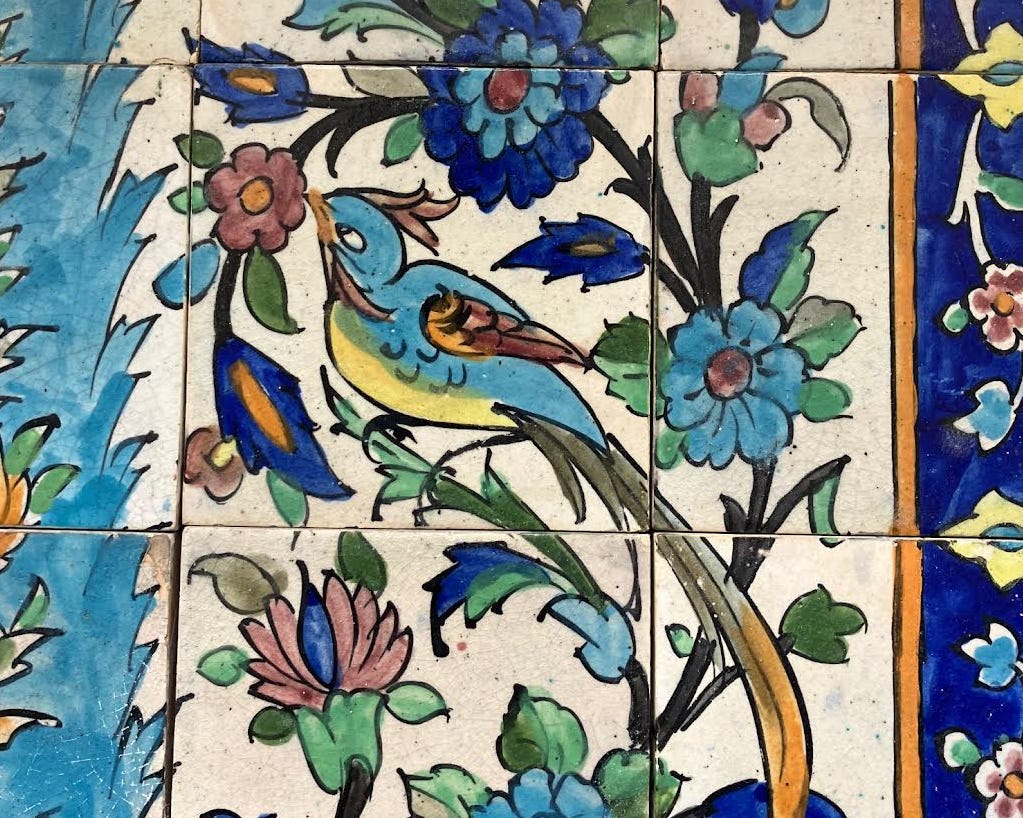“We humanize what is going on the world and in ourselves only by speaking of it, and in the course of speaking of it we learn to be human.”—Hannah Arendt “We cannot rely on the silenced to tell us about their suffering.”—Hanan Ashrawi
26 April
I write from the New Imperial Hotel, Jaffa Gate, Old Jerusalem, where I begin work on “Palestinian Voices,” the research and publishing project for which I have spent many weeks preparing. In a matter of days I will enter the West Bank.
I arrived here from Switzerland, where I delivered a paper on the corrupting influence of the Israel Lobby in the United States. While there, I was able to meet with Dr. Sumaya Fahart-Naser, the longtime Palestinian peace activist, after a talk she delivered. Fahart-Naser gave her lecture in German. The simultaneous English translation was at times a bit rough; I almost certainly missed details and some nuance.
I wrote what follows prior to my departure for Israel-Palestine.
■
On the morning of 13 April, I joined a small group of people gathered in Sirnach, a village 50 km to the north and east of Zurich, to hear Palestinian peace activist Dr. Sumaya Fahart-Naser speak about the ever worsening, ever more dangerous situation in Palestine.
Beyond the windows, beneath a warm spring sun, pear trees clothed in dazzling white blossoms dotted green pastures. The contrast between what I saw out the window and heard from the podium could not have been greater. Speaking in German, Fahart-Naser confirmed some of the worst of what has been documented by journalists reporting from Gaza.
Keep reading with a 7-day free trial
Subscribe to The Floutist to keep reading this post and get 7 days of free access to the full post archives.




